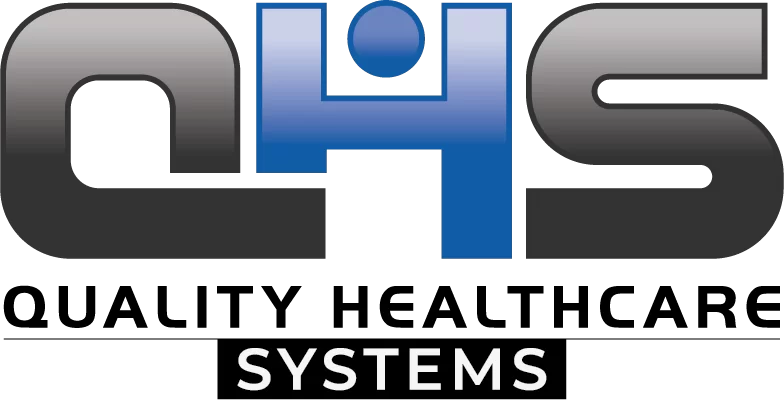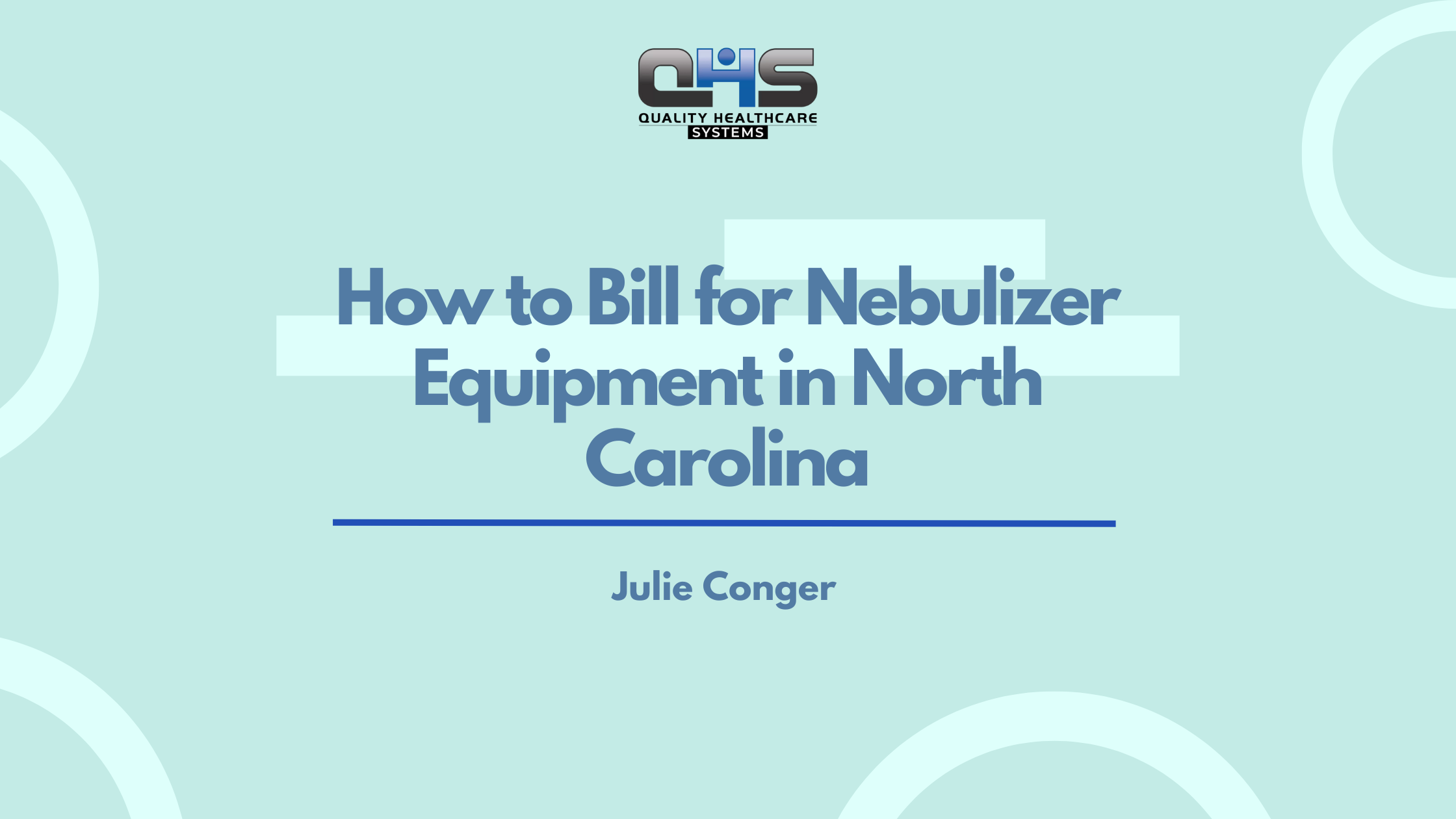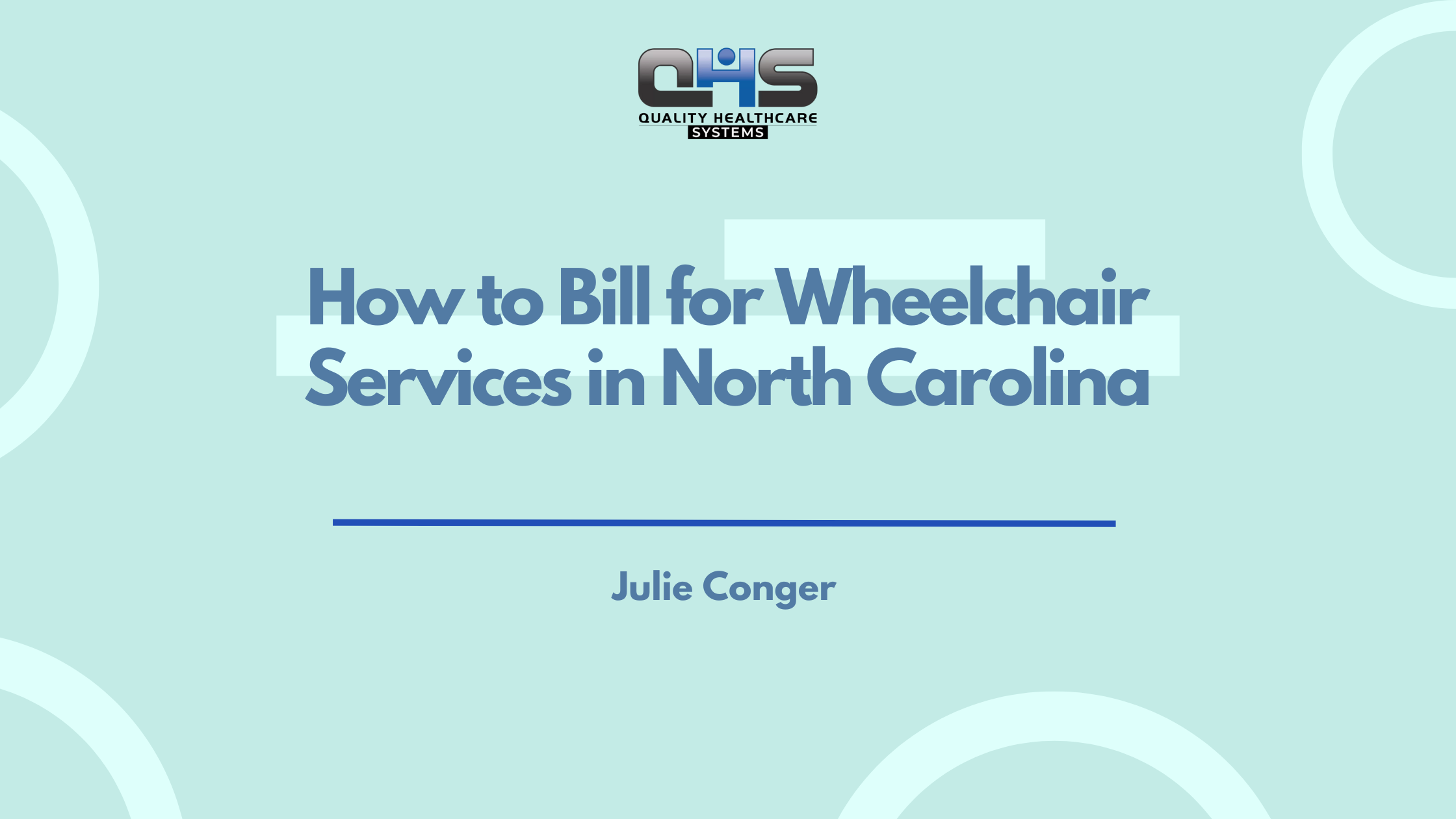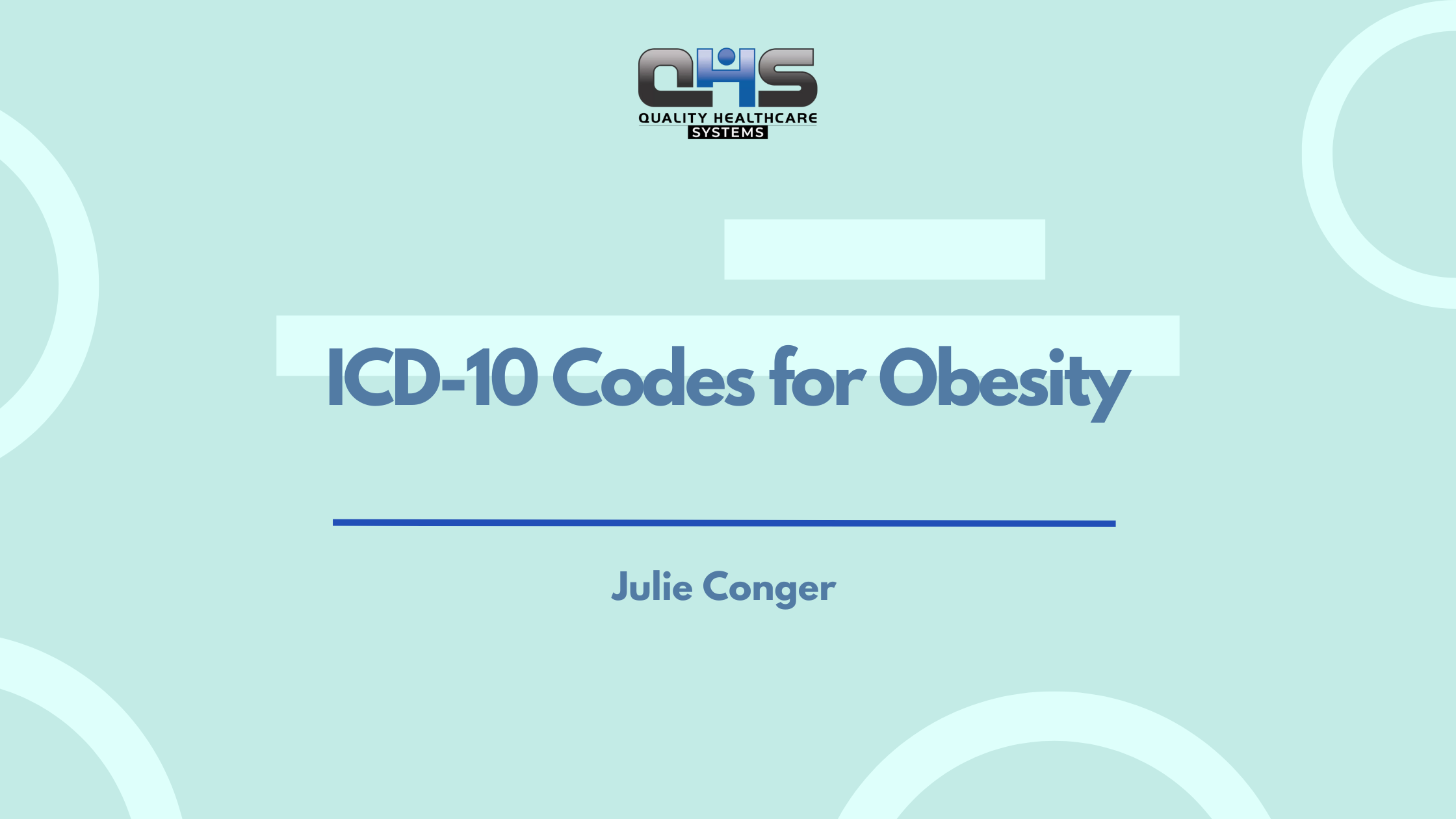In 2024, over 3.5 million U.S. adults were prescribed CPAP therapy, with North Carolina seeing one of the fastest-growing populations of diagnosed obstructive sleep apnea (OSA) patients in the Southeast.
With rising demand, billing CPAP equipment has become a complex, regulated process, especially under Medicare, North Carolina Medicaid, and private insurers.
Continuous Positive Airway Pressure (CPAP) machines are classified as durable medical equipment (DME), which means suppliers must follow specific federal and state-level billing procedures. Sleep clinics, respiratory therapists, and DME suppliers all play a role in the documentation, delivery, and reimbursement lifecycle of CPAP devices.
This guide explains how to bill correctly in North Carolina, reduce denials, and stay compliant with payer policies.
What is CPAP Billing?
CPAP billing refers to the process of submitting insurance claims for Continuous Positive Airway Pressure (CPAP) machines and related supplies used to treat sleep apnea. It involves using correct HCPCS codes, applying modifiers like RR for rentals, tracking patient compliance, and following payer-specific guidelines to ensure timely reimbursement and avoid denials for durable medical equipment providers.
Medical Necessity and Documentation Requirements for CPAP Billing
Sleep Study Requirements in North Carolina
To qualify for CPAP coverage, patients must undergo a sleep study — either an attended polysomnography or an approved home sleep test (HST). The diagnosis must confirm Obstructive Sleep Apnea (OSA), commonly coded as ICD-10 G47.33.
Written Order Prior to Delivery (WOPD)
A properly signed WOPD is essential and must detail:
- Beneficiary’s name
- Date of order
- Description of item
- Physician’s signature and date
Proof of Compliance
Documentation of the patient using the CPAP device for at least 4 hours per night on 70% of nights during a consecutive 30-day period within the first 90 days is mandatory. This is tracked via download data from the device.
WOPD and Physician Order Guidelines
A Written Order Prior to Delivery (WOPD) is required before dispensing any CPAP device. The WOPD must include specific equipment details and be signed by a licensed practitioner.
90-Day Compliance and Patient Usage Logs
Medicare and North Carolina Medicaid require documentation that the patient used the device at least 4 hours per night for 70% of nights during a 30-day period within the first 90 days of therapy. Failure to meet this standard may result in claim denial or retraction.
Best CPAP Billing Services in North Carolina: Why Choose Quality Healthcare Systems
Billing for CPAP equipment requires more than just submitting codes. You need to understand payer guidelines, documentation requirements, and North Carolina Medicaid rules to avoid delays or denials. With strict compliance standards and growing demand for sleep therapy services, providers in North Carolina need accurate and efficient billing support.
Quality Healthcare Systems (QHS) offers specialized CPAP billing services tailored to these needs. They handle every step, from HCPCS coding and 13-month Medicare rental billing to tracking patient compliance and managing Medicaid pre-authorizations.
What sets QHS apart is their ability to simplify the billing process for DME suppliers, sleep clinics, and respiratory care providers. They ensure you get paid on time while maintaining full compliance with all payer requirements.
QHS CPAP billing services include:
- Complete CPAP and DME billing, including modifier use (RR, NU) and supply schedule management
- Real-time monitoring of 90-day patient compliance to reduce claim rejections
- Billing support for Medicare, Medicaid, and commercial insurance
- Appeals management and audit-ready documentation
QHS also supports providers offering other types of equipment. If your practice handles wheelchairs, nebulizers, wound care supplies, or ostomy equipment, their team can manage those claims as well. They also assist with NCTracks enrollment, Medicare DMEPOS credentialing, and payer contracting, helping your business stay fully prepared to bill across all programs.
HCPCS Codes for CPAP Devices and Supplies: Mastering Accurate Billing
Proper billing starts with selecting the right HCPCS code that matches the equipment and supplies dispensed. Below is a detailed breakdown of the most commonly used codes for CPAP therapy.
Table: Common HCPCS Codes for CPAP Billing
| HCPCS Code | Item Description | Modifiers |
| E0601 | CPAP device | NU (new), RR (rental) |
| A7030 | Full face mask | NU, RA |
| A7031 | Face mask cushion | NU, RA |
| A7032 | Nasal mask cushion | NU, RA |
| A7033 | Nasal pillows interface | NU, RA |
| A7034 | Nasal mask | NU, RA |
| A7035 | Headgear for CPAP mask | NU, RA |
| A7036 | Chinstrap | NU, RA |
| A7037 | Tubing | NU, RA |
| A7038 | Disposable filter | NU, RA |
| A7039 | Non-disposable filter | NU, RA |
| E1399 | Miscellaneous DME for unspecified CPAP components | NU |
| MS | Maintenance & Servicing for non-rental items | MS |
When billing under Medicare’s capped rental policy, RR must be used in conjunction with E0601, and MS may apply for routine service visits when the unit is owned by the patient.
Medicare, NC Medicaid, and Private Payer CPAP Billing Guidelines
If you’re billing CPAP equipment, knowing how different payers handle things can save you a lot of headaches. Take Medicare, for example, it doesn’t just let you bill for a CPAP device as a straight sale. Instead, it treats it as a rental for up to 13 months.
That means you’ll need to bill monthly using the RR modifier. And here’s the key part: if the patient stays compliant for all 13 months, the device officially becomes theirs.
Medicare LCD L33718, which governs CPAP use in North Carolina and other jurisdictions, outlines specific documentation and compliance conditions. If the patient fails to meet usage thresholds during the trial period, coverage may be denied, and equipment retrieval becomes the supplier’s responsibility.
North Carolina Medicaid covers CPAP and BiPAP devices under its Durable Medical Equipment (DME) policy, but with additional steps. Suppliers must:
- Submit prior authorization (PA) with diagnostic reports
- Include a current physician’s order and justification
- Comply with NCTracks enrollment and documentation formats
Resupply and Replacement Billing for CPAP Equipment
CPAP therapy requires ongoing replacement of consumable supplies, and billing frequency is closely regulated. For example, nasal cushions (A7032) may be replaced twice per month, while tubing (A7037) is typically replaced every three months.
All items must be documented in accordance with the patient’s continued use and physician’s treatment plan.
Payers often require a patient attestation of need, along with a resupply order signed within 12 months of delivery. Usage tracking reports from modern CPAP machines (via SD card or cloud-based systems) help confirm the therapy is ongoing and effective.
Each claim must align with the allowed timeline per HCPCS code and be supported with justification, especially when early replacement is requested due to loss, damage, or malfunction.
CPAP Billing Denials: Common Causes and How to Resolve Them
CPAP claims are frequently denied due to a failure to meet 90-day compliance thresholds, missing or expired documentation, or modifier misuse. For example, billing E0601 without modifier RR during the rental phase will trigger a rejection from Medicare or Medicaid.
Additionally, many suppliers submit claims with outdated or mismatched ICD-10 codes, such as using a general sleep disorder code instead of G47.33 for confirmed OSA.
When a claim is denied, providers should reference the Remittance Advice (RA) for exact error codes and submit an appeal with corrected documentation, including therapy logs and a physician’s letter of medical necessity.
Timely appeals and accurate resubmission using the correct HCPCS–modifier pair often resolve billing issues without escalating to a redetermination.
Credentialing and Compliance for CPAP Suppliers in North Carolina
To bill Medicaid and Medicare for CPAP equipment, DME suppliers in North Carolina must maintain proper credentialing and accreditation. This includes:
- Enrollment with NCTracks, North Carolina’s Medicaid billing platform
- Accreditation from CMS-approved bodies like the Accreditation Commission for Health Care (ACHC), The Joint Commission, or The Compliance Team
- Maintaining compliance with DMEPOS supplier standards under 42 CFR §424.57, which include documentation policies, delivery protocols, and complaint resolution procedures
Suppliers must also renew licenses and accreditations periodically and undergo audits to ensure documentation quality and regulatory adherence.
Frequently Asked Question
Can I bill CPAP supplies monthly in North Carolina?
Yes, many CPAP supplies are eligible for monthly billing depending on the code. Always follow payer-specific frequency limits outlined in local coverage policies and NC Medicaid bulletins.
What documents are needed to bill CPAP for Medicaid patients?
At minimum: polysomnography or HST results, physician’s written order, Certificate of Medical Necessity (CMN), and evidence of continued use if requesting resupplies or replacements.
Do NC Medicaid and Medicare cover CPAP humidifiers?
Yes, integrated humidifiers are often considered bundled with E0601, but standalone humidifiers must meet specific documentation requirements and may need to be billed with code E0562 when separately reimbursable.





